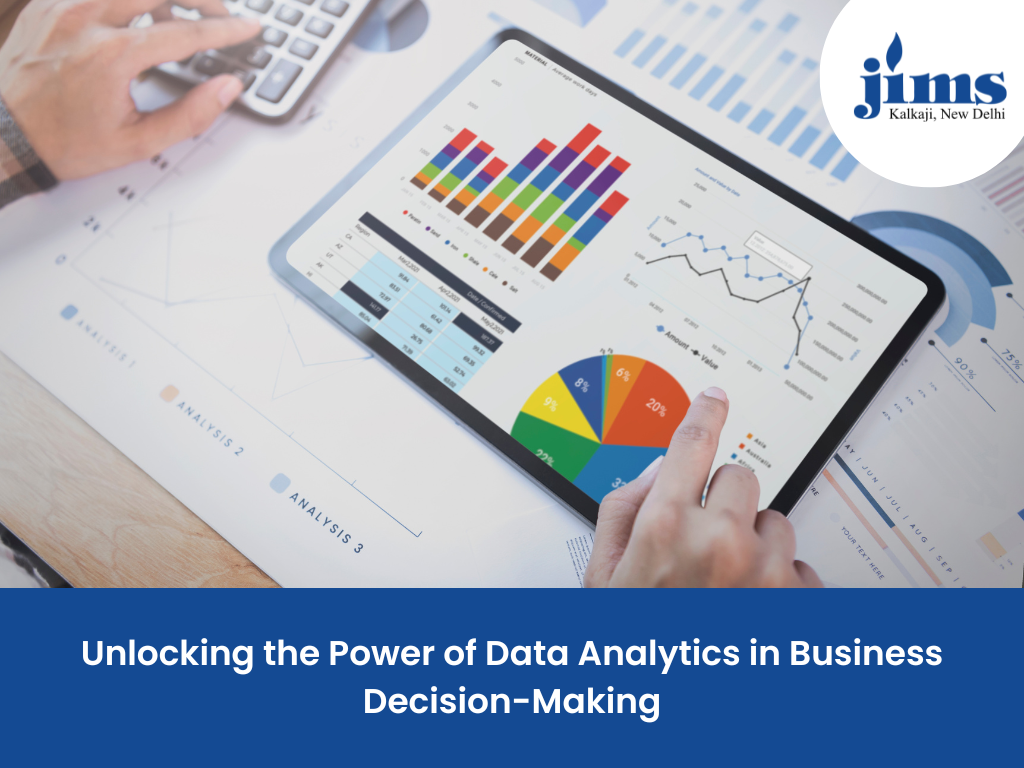In today’s fast-paced and competitive business landscape, organizations are constantly seeking ways to gain a competitive edge and stay ahead of the curve. One key strategy that has emerged as a game-changer is the use of business analytics software. This powerful tool enables companies to collect, analyze, and interpret large amounts of data, providing valuable insights that inform strategic decision-making.

What is Business Analytics Software?
Business analytics software refers to a type of application that helps organizations analyze and interpret complex data sets, often using statistical and mathematical techniques. These software solutions are designed to support business decision-making by providing a comprehensive view of an organization’s performance, identifying areas of improvement, and predicting future trends.
Key Features of Business Analytics Software
Some common features of business analytics software include:
- Data Visualization: The ability to present complex data in a clear and concise manner, using charts, graphs, and other visualizations.
- Data Mining: The process of automatically discovering patterns and relationships in large data sets.
- Predictive Analytics: The use of statistical models and machine learning algorithms to forecast future events and trends.
- Reporting and Dashboarding: The ability to create customized reports and dashboards that provide real-time insights into business performance.
- Data Integration: The ability to connect to multiple data sources, including databases, spreadsheets, and cloud-based applications.
Benefits of Business Analytics Software
The use of business analytics software can bring numerous benefits to an organization, including:
- Improved Decision-Making: By providing access to accurate and timely data, business analytics software enables organizations to make informed decisions that drive business growth.
- Increased Efficiency: Automation of data analysis and reporting tasks frees up staff to focus on higher-value activities, such as strategy development and innovation.
- Enhanced Customer Insights: Business analytics software can help organizations gain a deeper understanding of customer behavior and preferences, enabling them to develop targeted marketing campaigns and improve customer satisfaction.
- Competitive Advantage: Organizations that use business analytics software can gain a competitive edge by identifying new opportunities and anticipating changes in the market.
- Cost Savings: By optimizing business processes and reducing waste, business analytics software can help organizations reduce costs and improve profitability.
Types of Business Analytics Software
There are several types of business analytics software available, including:
- Descriptive Analytics: Provides insights into historical data, such as sales trends and customer behavior.
- Diagnostic Analytics: Helps organizations identify the root causes of problems and opportunities.
- Predictive Analytics: Uses statistical models and machine learning algorithms to forecast future events and trends.
- Prescriptive Analytics: Provides recommendations for action based on analysis of data and business rules.
Popular Business Analytics Software Solutions
Some popular business analytics software solutions include:
- Tableau: A data visualization platform that enables users to connect to multiple data sources and create interactive dashboards.
- SAS: A comprehensive business analytics platform that offers a range of tools for data management, predictive analytics, and reporting.
- Microsoft Power BI: A business analytics service that enables users to create interactive visualizations and business intelligence reports.
- IBM Cognos: A business intelligence platform that provides a range of tools for reporting, analytics, and data visualization.
- Google Analytics: A web analytics service that provides insights into website traffic, behavior, and conversion rates.
Implementation and Integration
Implementing business analytics software requires careful planning and execution. Some key considerations include:
- Data Quality: Ensuring that data is accurate, complete, and consistent is critical to getting meaningful insights from business analytics software.
- Integration: Integrating business analytics software with existing systems and applications can be complex, requiring significant IT support.
- Training and Support: Providing users with adequate training and support is essential to ensuring that they can effectively use the software and interpret the insights it provides.
- Change Management: Implementing business analytics software can require significant changes to business processes and culture, requiring effective change management strategies.
FAQ
- What is the difference between business analytics and business intelligence?
Business analytics focuses on analyzing data to gain insights and inform decision-making, while business intelligence focuses on providing historical and current views of business performance. - What type of data can be analyzed using business analytics software?
Business analytics software can analyze a wide range of data types, including structured and unstructured data, such as customer feedback, social media posts, and sensor data. - How long does it take to implement business analytics software?
The implementation time for business analytics software can vary depending on the complexity of the project, but typically ranges from several weeks to several months. - What skills are required to use business analytics software?
Users of business analytics software typically require a range of skills, including data analysis, statistical knowledge, and business acumen. - Can business analytics software be used in small and medium-sized enterprises?
Yes, business analytics software can be used in small and medium-sized enterprises, and can provide significant benefits in terms of improved decision-making and competitiveness.
Conclusion
Business analytics software is a powerful tool that can help organizations gain a competitive edge by providing insights into customer behavior, market trends, and business performance. By leveraging the features and benefits of business analytics software, organizations can make informed decisions, drive business growth, and stay ahead of the competition. Whether you are a large enterprise or a small to medium-sized business, business analytics software can help you unlock the full potential of your data and achieve your business goals. With the right software and support, you can start leveraging the power of business analytics today and start seeing the benefits for yourself.
Closure
Thus, we hope this article has provided valuable insights into The Power of Business Analytics Software: Unlocking Insights for Informed Decision-Making. We hope you find this article informative and beneficial. See you in our next article!


